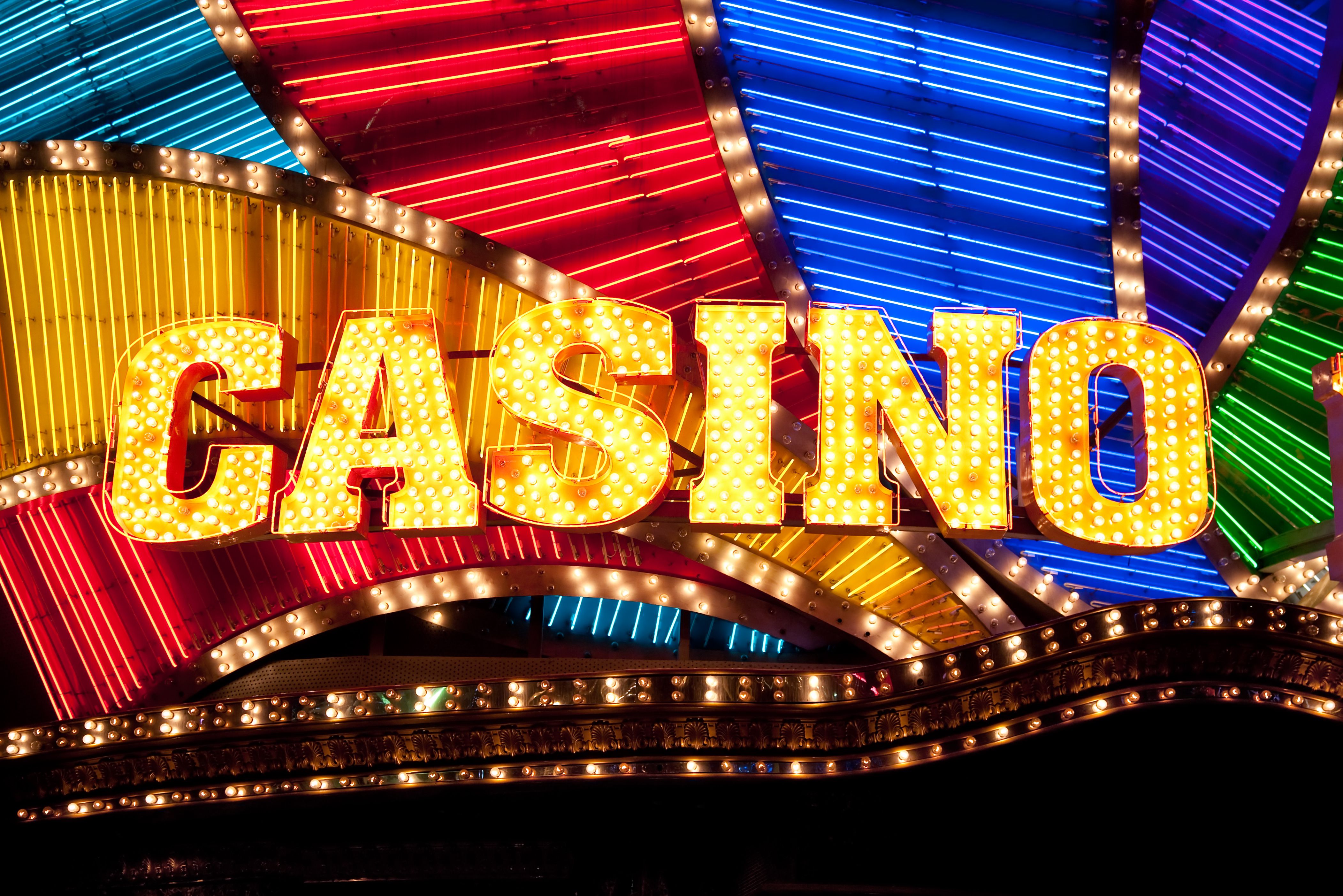Gambling Games and Their Influence in Cultural Trends

Gambling games have long captured the fascination of people around the globe, becoming an essential part of both fun and culture. From the glimmering lights of Nevada to the engaging experience of online gaming, these games evoke excitement, danger, and sometimes even a sense of sentimentality. They are not just simply hobbies; they have woven themselves into the tapestry of society, influencing various aspects from film and melodies to clothing and books.
The charm of casino games surpasses the gambling aspect, tapping into wider themes of luck, chance, and social interaction. As players gather around a card table or spin the roulette wheel, they engage in an age-old ritual that connects with our collective desire for adventure and uncertainty. This fascination has led to the emergence of numerous references in cinema, songs, and electronic games, showcasing how strongly entrenched these games are in mainstream culture. Whether it is the intense drama of a legendary caper or the vibrant nightlife portrayed in videos, casino games have carved out a substantial place that reflects our bond with risk and reward.
Historical Importance of Gambling Games
Gambling games have played a crucial role in social aspects throughout history. Stemming from ancient societies, games of chance were often linked to ceremonies or gatherings. For instance, early iterations of gambling can be linked back to ancient Chinese and the Roman Empire, where die games and wagering on outcomes were popular pastimes. These games not only functioned as entertainment but also as means of connecting people, facilitating connections among people within communities.
As societies evolved, so did the complexity and structure of gambling games. The creation of formal casinos in the 17th century, particularly in Italy, marked a notable shift in how games were perceived and structured. With specific spaces for gambling, the casino became a community center where patrons from different backgrounds convened. This change contributed to the legitimization of the industry, transforming it from a mere pastime into an established industry that shaped the economy and regulations.
The effect of gambling games on popular culture cannot be overlooked. As they were popularized in books and movies, games such as Texas Hold’em and 21 became icons of risk, chance, and tactics. Iconic figures and stories have emerged around these activities, reflecting societal views towards fortune, wealth, and immorality. This fascination with gambling games has permeated various forms of media, cementing their status in the collective consciousness and connecting them to broader cultural narratives throughout the ages.
Portrayal of Casino Games in Entertainment
Gambling games have long been a popular topic in different types of entertainment, reflecting both the excitement and intricacies of the world of gambling. Movies such as Ocean’s 11 and Casino Royal portray figures who navigate dangerous scenarios, showcasing not only the appeal of the gambling environment but also the tactics and choices that come with playing popular games like poker and 21. These films often dramatize the excitement of winning and the potential repercussions of losing, encapsulating the dangers involved in betting.
TV programs have also explored the world of gambling activities, often integrating them into the narrative as a setting for character development and drama. Series like Vegas depict the stories of gambling employees and customers, highlighting the vibrant, often tumultuous energy of the gaming floor. Reality shows featuring intense betting contests further emphasize the appeal of gambling activities, drawing viewers into the excitement and strategy involved in each game. Through these portrayals, media not only entertains but also sparks conversations about fortune, expertise, and the character of chance.
Gaming have increasingly incorporated casino games into their design, allowing players to recreate the thrill of betting without financial exposure. Titles within the landscape of digital gaming often include online slot machines, poker, and other casino favorites, creating an interactive experience that mirrors actual casino experiences. These virtual portrayals make gambling activities accessible to a worldwide viewer base, appealing to both gamblers and those who enjoy the rush of virtual experiences. As a result, the representation of casino games in media continues to shape cultural attitudes and importance, highlighting their place in society and culture.
Effect of Casino Games on Communities
Gambling activities have a significant effect on communities, influencing various aspects of societal norms and social behavior. They often serve as a platform for community engagement, where people gather to enjoy a shared activity. Casino trips with friends or trips to casinos become social activities that foster connections and create shared moments. This communal aspect enhances the entertainment value of casino games, making them a popular choice for festivities and recreational pursuits.
Additionally, gambling activities have been portrayed in numerous films, television shows, and written works, influencing perceptions and attitudes towards gambling and gaming. https://kjc.auction/ Icons like James Bond playing baccarat or the intense poker scenes in films have cemented these games in the shared imagination. This representation often idealizes the culture associated with casino activities, drawing in new players and impacting trends in both fashion and conduct. These representations can ignite curiosity and lead to a deeper exploration of the nuances of gambling.
Nonetheless, there are also adverse implications linked to the popularity of gambling activities. The allure of quick monetary gain can lead to problem gambling and financial troubles for some individuals. Society must contend with these issues, advocating for responsible gambling and awareness of the risks involved. Balancing the entertainment value of casino games with the risks is vital to ensure that they remain a positive aspect of our cultural landscape.